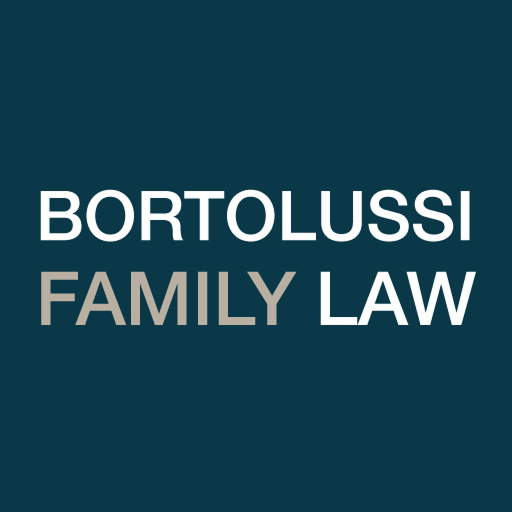Common Law Couples

Vaughan Common Law Separation Family Lawyers
In Ontario, a couple is deemed to be in a legal common law relationship once they have lived together in a conjugal relationship for three years. If they have a child together, either through birth or adoption, they will legally become common law after a relationship of some permanence. A common law relationship status creates a number of legal rights and obligations with respect to taxes, immigration, benefits, inheritance and separation entitlements. Common law partnerships are often viewed as a quasi-marriage, or marriage without the wedding because of some shared similarities; however, there are several significant differences between the two.
At Bortolussi Family Law in Vaughan, our family lawyers have been working with common law couples for decades, advising and representing them with respect to cohabitation agreements, separation issues, and parenting matters. We empower our common law clients by arming them with the information they need to appreciate their rights in a separation and advocate on their behalf in a variety of dispute resolution methods, including mediation, litigation, and collaborative family law. Whether you are looking to enforce property or support rights or ensure you don’t pay more than your obligation under the law, we strive to secure the best possible result for your situation.
Cohabitation Agreements for Common Law Couples
Ideally, couples planning to live together should consider entering into a cohabitation agreement prior to cohabitating. A cohabitation agreement ensures both parties are on the same page with respect to various property rights, which can help make the process of creating a separation agreement, if necessary, much simpler. Whether you have a domestic contract in place or not, when facing the breakdown of a relationship, we will draft a comprehensive separation agreement detailing each person’s rights and entitlements.
Regardless of the stage of your common law relationship, it is important to be aware of the rights and entitlements of common law spouses under the law. Having a firm understanding of what is and is not provided for under the law will allow you to determine the issues to address in a cohabitation or separation agreement.
Spousal Support for Common Law Couples
Common law spouses may be entitled to spousal support upon separation, especially if one spouse was financially dependent on the other during the relationship. It is also possible to address the issue of spousal support preemptively in a cohabitation agreement, to either create an explicit right to support, or to remove the expectation altogether.
Parenting and Child Support for Common Law Couples
Parental rights and obligations do not change, no matter your relationship status with the other parent. If you have a child by birth or adoption, your rights to parenting time, decision-making, and your obligation to provide, or right to receive, child support remain. It will be important to set out the terms as part of the separation agreement for decision making for the upbringing of the child(ren), parenting time (a residential schedule, formerly called access), and child support, including extraordinary expenses to help pay for child care, private schools, post-secondary education, health costs not covered by a health plan and extracurricular activities such as sports or camp, tuition, and other expenses outside of day-to-day costs.
Property Rights for Common Law Couples
Common law spouses do not have the same property rights as married spouses. For example, the matrimonial home, as a concept, is not applicable in a common law relationship. In most cases, each spouse will leave the relationship with the debts and assets they own independently. As a result, it may be important for common law couples to secure their rights to certain property entitlements during their relationship via a cohabitation agreement.
In the absence of a binding cohabitation agreement that modifies the rights of the common law couple, a common law spouse can make an argument for a more equitable division of certain property. For example, if only one partner owns the shared home, the other person may have made significant contributions toward the property’s maintenance and cost throughout the relationship. This could entitle them to a share in the home’s value upon separation under the concept of unjust enrichment, which argues that the homeowner unfairly benefitted from their partner’s contributions. However, as a general rule, each spouse will leave the relationship with the assets they own in their own names.
Contact the Common Law Separation Lawyers at Bortolussi Family Law
At Bortolussi Family Law, our compassionate separation lawyers frequently work with clients in common law relationships facing a separation. We empower our clients by providing much-needed clarity to the process of common law separation. Once we have an in-depth understanding of your personal family situation and your goals, we can provide options to help identify the best path forward to achieve a successful result.
We assist common law clients from across the Greater Toronto Area, extending out to Mississauga, Brampton, Caledon, Whitchurch-Stouffville, Woodbridge, Maple, Kleinburg, Caledon, Concord, Vaughan, Bolton, Nobleton, Markham, and Etobicoke and all areas in between throughout the separation process. We provide the level of skills and experience of a Bay Street firm, conveniently located north of Steeles Avenue. To discuss your circumstances and learn about the options available to you, please reach out to us online or by phone at 416-987-3300.
